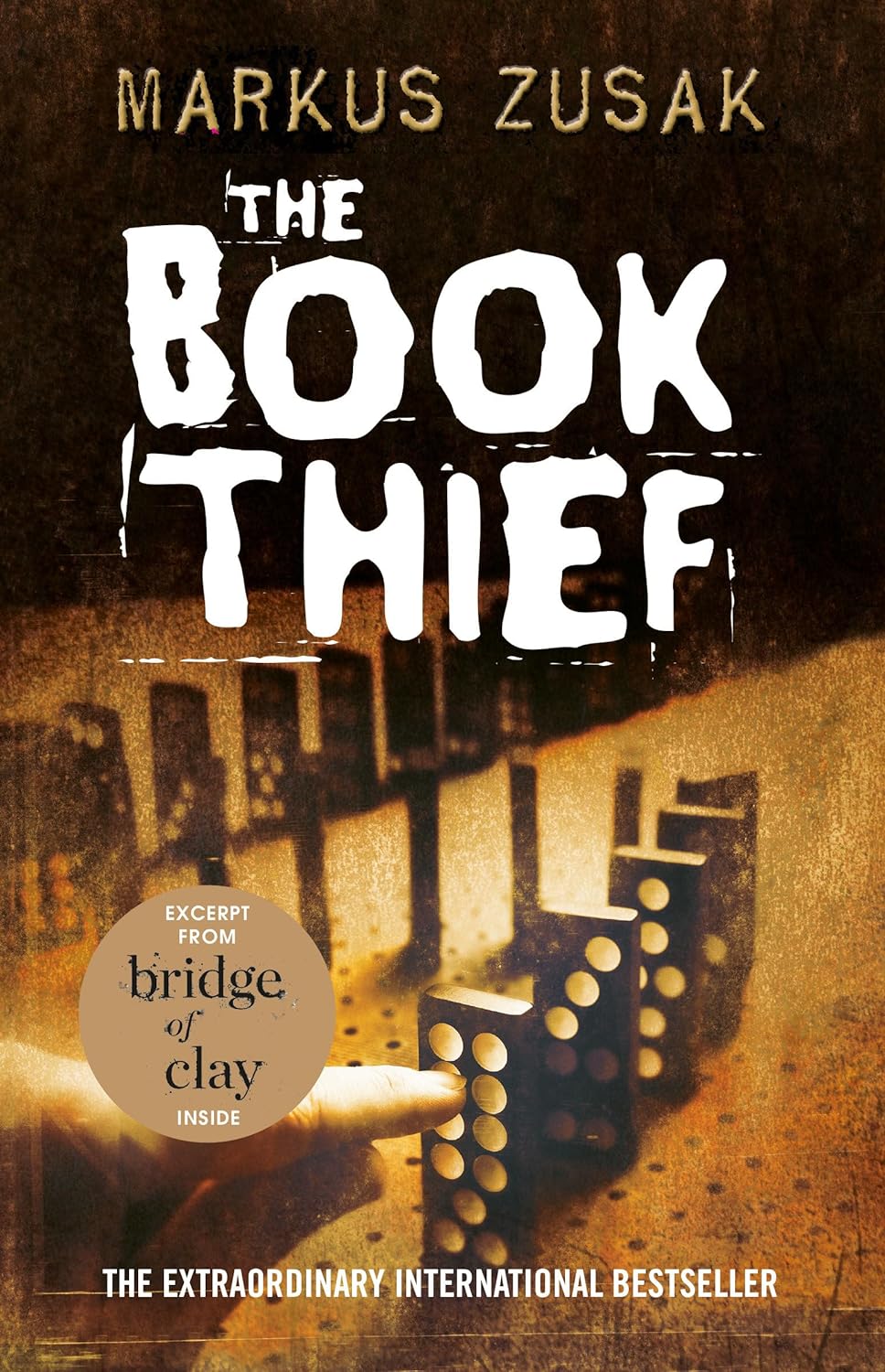The Book Thief by Markus Zusak
“The Book Thief” by Markus Zusak is a compelling and poignant novel set in Nazi Germany. Narrated by Death, the story follows Liesel Meminger, a young girl living with a foster family, as she discovers the power of words and literature during a tumultuous time. The narrative unfolds against the backdrop of World War II, providing a unique perspective on the human condition.
Zusak’s writing style is both lyrical and evocative, creating a vivid portrayal of characters and settings. The book explores themes of love, loss, and the resilience of the human spirit. Liesel’s relationship with her foster parents, particularly her bond with her accordion-playing Papa and stern but caring Mama, adds depth to the story. The dynamic characters, including the Jewish man hidden in their basement and Liesel’s best friend Rudy, contribute to the emotional richness of the narrative.
The novel’s focus on the impact of words and storytelling is a standout element. Liesel’s theft of books and her subsequent readings in the basement demonstrate the transformative power of literature, offering solace and escape amidst the harsh reality of war. The symbolic significance of words and their ability to shape perceptions becomes a central theme, highlighting the importance of storytelling as a means of preserving humanity in the face of adversity.
Zusak’s choice of Death as the narrator provides a unique perspective, infusing the story with a sense of inevitability and contemplation. This unconventional narrative choice enhances the overall depth and complexity of the novel.
“The Book Thief” is a masterfully crafted tale that captures the human experience with both heartbreak and hope. The rich character development, thematic exploration, and poetic prose make it a literary gem that resonates long after the last page is turned. It is a thought-provoking and emotionally charged novel that invites readers to reflect on the enduring power of words and the indomitable spirit of the human soul.








